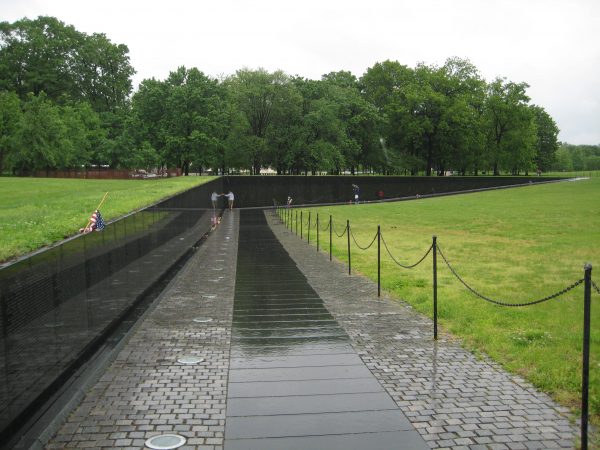Per the WaPo:
Hospital emergency departments across the United States, already struggling with overcrowding and growing patient loads, are increasingly unable to find specialists to help treat seriously injured and ill patients, according to medical experts.
Crucial minutes, hours and even days can go by as patients suffering from trauma, strokes, broken bones and other maladies await evaluations by neurologists, orthopedic surgeons and other specialists because hospitals are having difficulty getting them to serve 24-hour emergency “on-call” shifts.
“It can mean death,” said Linda Lawrence, president of the American College of Emergency Physicians and a practicing emergency department doctor in California. “Patients have died in transport, or waiting to find a neurosurgeon, or getting to a heart center for a cardiologist.”
It means a lot of transfers, if a specialist can be found. We’re getting more and more transfers as outlying hospitals have more and more trouble getting specialists to be on call for ED patients.




Specialists want to be paid for call… and I fully understand where they’re coming from.
Some of the drunk, drug-addicted, a**hole patients they get when on-call would try the patience of a Saint. After the specialist spends hours in the OR saving their life/limb/sight/looks, I’ve seen these very patients turn right around and sue. Some of these born-to-lose people literally have nothing to lose… and they live their lives with that very same attitude, even when it comes to dealing with those who are sworn to help them.
Every physician deals with these people… ER docs more than most… but I don’t blame specialists for wanting some kind of consideration for the sacrifice of home/family/sleep time for the sake of endless thankless nights, caring for nasty, drunk pugilists.
Now if only there was some consideration for us ER docs…
my brother broke his arm one time and waited two hours for the on call doctor to get there. . . I mean, not that it’s comparable to dying or anything.
This is the side effect of insurance companies ever more diligently protecting and trying to increase their profits, and the programmed Medicare cuts that keep popping up in the news.
Every few months I get these impassioned pleas from my state medical society, my specialist group (American Academy of Neurology) about the URGENCY of contacting my representative or senator to have them do something to prevent the next cut. And the lap dogs out there go for the bait.
Not me. I’m not playing this game. I say, “Go ahead. Keep cutting Medicare. Let’s try to see how many doctors will stop seeing Medicare patients altogether — I’m not taking the blame for that. Congress created the mess, they need to fix it.”
This may seem selfish, and it is, but it’s selfish not only from my current point-of-view as a doctor, but as a future (potential) user of Medicare — I’d like to be able to find a doctor when I get to that point.
Even under this perfect scenario:
– nice patient
– non-litigious patient
– paying patient
Why should a neurosurgeon get up in the middle of the night and attend to such an individual, then have to put in a 12 hour day immediately thereafter, without additional compensation? And I don’t mean to enrich himself, I mean enough additional money so he could take the day off after call to recover (and still pay his bills).
If I’m not mistaken, ER call became a thing of the past for most primary care physicians when Hospitalists came into existence. Now internists who admitted all hours of the day and night were actually being paid on the clock to manage patients. ER doctors are paid on the clock. Likewise nurses, respiratory techs, nurse aides, and even housekeeping.
Where ever did the idea come about that specialists should not be compensated for their work after hours??